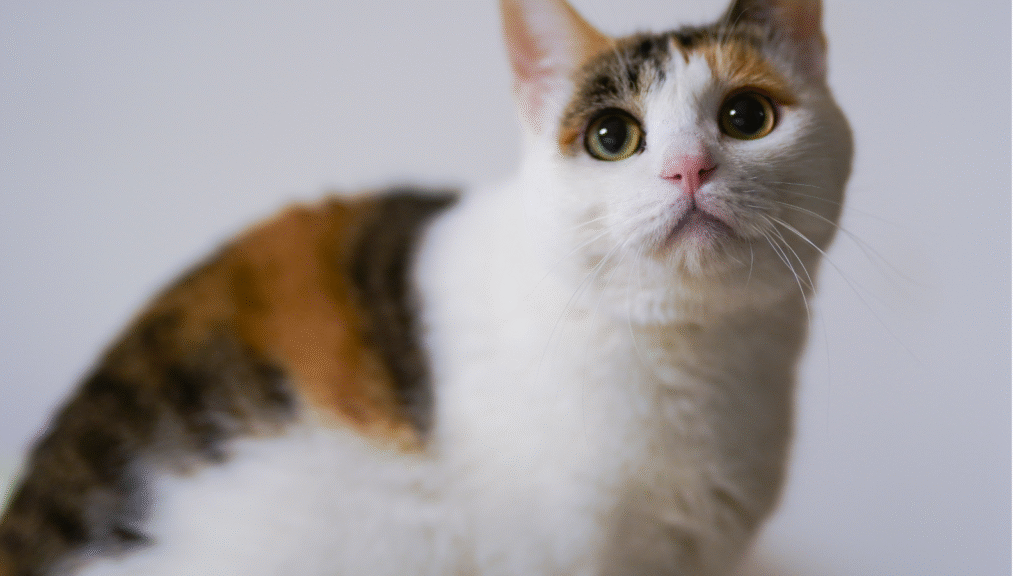If you’ve ever owned a cat, you know how subtle their behaviors can be, especially when it comes to their health. One area where early detection can make a huge difference in your cat’s health is the urinary tract. Urinary problems in cats can range from mild discomfort to life-threatening blockages that need to be treated immediately. Arab Veterinary Hospital is committed to helping cat owners recognize the warning signs of a urinary issue in feline pets.
Signs That Your Cat May Have a Urinary Problem
A cat’s urinary tract plays a vital role in filtering waste and maintaining overall balance in the body. Feline urinary conditions can escalate quickly if not addressed. Male cats, in particular, are at higher risk of developing dangerous blockages due to their narrower urethras. Cats are masters of hiding discomfort, so it’s up to pet owners to watch for these telltale signs:
- Frequent trips to the litter box with little or no urine
- Straining or crying while urinating
- Blood in urine
- Urinating outside the litter box
- Excessive licking of the genital area
- Lethargy or changes in appetite
- Hiding or avoiding interaction
Even if symptoms seem minor, they could indicate a serious urinary problem.
Urinary Conditions in Cats
Feline Lower Urinary Tract Disease (FLUTD)
FLUTD is a broad term for several conditions affecting the bladder and urethra. Cats with FLUTD often show signs like straining, frequent urination, or blood in the urine. It can be caused by stress, diet, or even obesity. In many cases, the exact cause of Feline Lower Urinary Tract Disease will remain unknown, even with diagnostics. A veterinarian may end up just treating the symptoms if an exact diagnosis is not possible.
Cat Urinary Tract Infections (UTIs)
UTIs are more common in older female cats and may develop due to bacteria entering the urinary tract. Symptoms include painful urination, frequent urination, and sometimes fever. Unlike other urinary issues, UTIs can often be treated with antibiotics once diagnosed.
Urinary Blockages in Cats
This is a medical emergency and most common in male cats. A blockage occurs when crystals, stones, or mucus clog the urethra, preventing urination altogether. Symptoms include yowling, repeated straining, vomiting, and complete inability to pass urine. Urgent veterinary care is crucial to avoid bladder rupture or kidney failure that can result in death.
Feline Idiopathic Cystitis (FIC)
FIC is a common and frustrating form of FLUTD where the cause remains unclear. It’s often linked to stress or changes in the environment. Cats with FIC can experience recurring bouts of bladder inflammation, leading to discomfort and behavioral changes.
What to Do if You Suspect a Feline Urinary Issue
If your cat shows any signs of a urinary issue, you should:
- Call your veterinarian immediately. Urinary blockages especially are life-threatening and need fast intervention.
- Monitor symptoms closely. Take note of any changes in litter box behavior or overall demeanor.
- Bring a urine sample if possible, as this can help your vet diagnose issues faster.
- Avoid home remedies. Many online solutions can worsen the condition or delay needed care.
Get Care for Your Cat’s Urinary Issue in Arab, AL
Urinary issues in cats can be potentially serious. Early detection may prevent complications and keep your feline companion comfortable. Arab Veterinary Hospital treats feline urinary conditions in Arab, Alabama and neighboring areas like Guntersville and Cullman. If you have noticed signs of a cat urinary issue, contact us for an urgent appointment.

